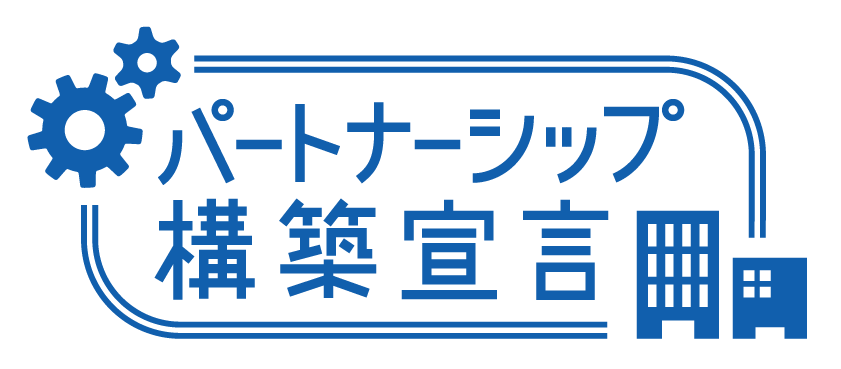Supply Chain Management
In support of our corporate philosophy: “To contribute to the enhancement of humanity through scientific and technological development”, the purchasing teams at the Rigaku group of companies are committed to working with business partners throughout our supply chain based on the policies below
Procurement Policy
- Practicing socially responsible procurement
We comply with legal and social norms, and promote sustainable and environmentally-friendly procurement. - Fair and just trade
We carry out our procurement based on fair, just and honest business relationships. - Partnership
We seek to build cooperative and trusting relationships with partners to promote our mutual sustainability and prosperity. - Alignment of our needs with suppliers’ interests
We require the maintenance of appropriate levels of quality, competitive pricing, and on-time delivery
Based on our procurement policy, we will undertake the following initiatives to fulfill our social responsibility as a company. These initiatives express our commitment to working with our suppliers to realize the sustainable society that Rigaku Group aims for.
CSR Procurement Promotion Initiatives
The Rigaku Group of companies has established CSR Procurement Guideline with the aim of promoting CSR procurement. This guideline sets procurement activities that emphasize reducing environmental impact and fulfilling social responsibility while also adhering to laws and regulations. In order to promote the practice of CSR throughout the supply chain, we provide guidelines that clarify social responsibility in procurement activities, including human rights, working conditions, environmental protection, and fair trade practices.
Green Procurement Promotion Initiatives
Rigaku Group has created "Green Procurement Guideline" and "List of Prohibited/Controlled Substances" for the purpose of promoting green procurement. These guideline and list provide specific guidelines for minimizing the environmental impact throughout the life cycle of products. The Green Procurement Guideline provides methods for reducing environmentally hazardous substances in the procured items including parts that constitute the products we manufacture and sell, and for complying with environmental laws and regulations. In addition, we have listed the specific names of substances in "List of Prohibited/ Controlled Substances."
Responsible mineral procurement
The Dodd-Frank Wall Street Reform and Consumer Protection Act, commonly referred to as Dodd-Frank, enacted in 2010, served as a starting point for the world to take more interest in “Responsible mineral procurement”. Tin, tantalum, tungsten, and gold (“3TG” for short) are called “conflict minerals”. Especially 3TG mined in the Democratic Republic of Congo (DRC) and its neighboring countries have the risk of providing funds to armed groups, etc. Section 1502 of Dodd-Frank enacted in 2013 obliged SEC (Securities and Exchange Commission) registered companies to conduct an annual survey/report about usage of these minerals which were mined in DRC and its neighboring countries and fund armed groups or anti-government forces. In 2021, Conflict Minerals Regulation came into full force across the EU. The EU legislation’s scope is not only DRC and its neighboring countries but also the other countries or areas considered to be conflict-affected or high-risk. As represented by this legal development, target minerals are not limited to 3TG and the necessity and importance is increasing of responsible mineral procurement based on international trends which consider the risks of general human-rights violations including child labour or corruption.
The Rigaku group of companies works to achieve responsible mineral procurement through the whole supply chain. We establish this Responsible Mineral Procurement policy to clearly explain our stance.
Partnership building with business partners

By committing to this Rigaku group declares that it focuses on coexistence and co-prosperity of the entire supply chain and disclose “Declaration of Partnership Building” to the public, which is promoted by the cabinet members of related Japan ministries and agencies. We strive to increase the value added throughout the supply chain by reaching out, comply with desirable trade practices, and enforce the relationship with business partners.
- Portal site:Declaration of Partnership Building (Japanese only)
- • See Rigaku group’s officialDeclaration of Partnership Building (Japanese only)

